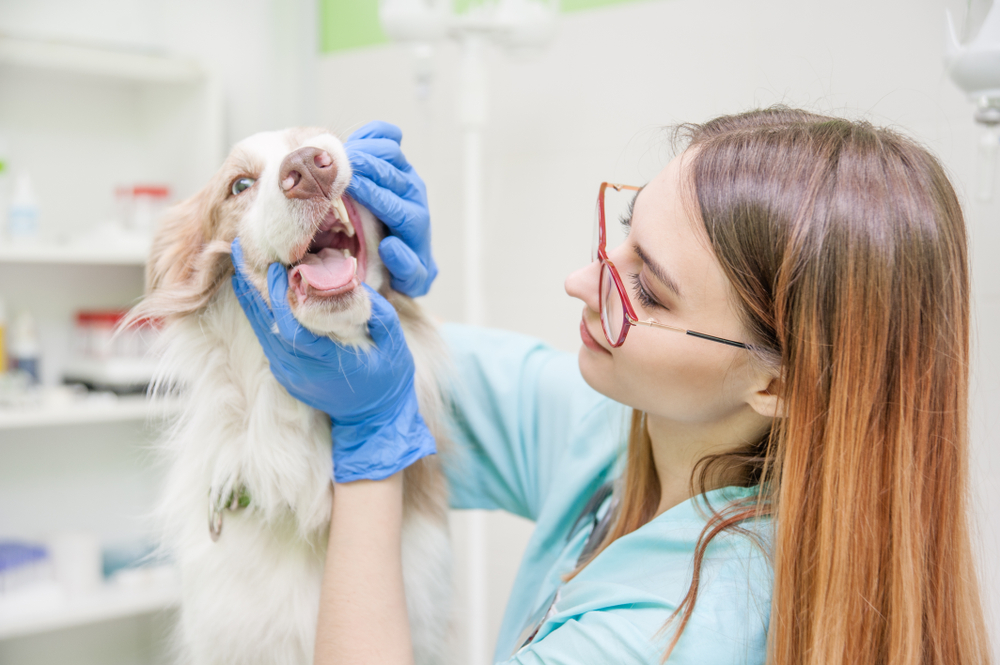
Oral health issues can have an impact on animals as much as they do on people. Sadly, dental diseases are one of the most commonly diagnosed problems by veterinarians nowadays. Neglecting your pet’s teeth and mouth can lead to serious illnesses, including:
Heart Disease. Without dental hygiene, plaque and tartar can buildup on your pet’s teeth, causing gum infection. These mouth bacteria can travel into their bloodstream, invading multiple organs. For one, these microbes settle on your dog or cat’s heart valves. This bacterial infection of the heart’s interior can cause permanent cardiac tissue damage. This problem can result in heart disease and heart failure.
Liver Problems. Aside from the heart, bacteria from infected teeth or any dental disease can also damage the liver. This internal organ plays a crucial role in regulating most of the blood’s chemical levels. It facilitates the digestive process and waste elimination. When the mouth bacteria enter the bloodstream, it creates a domino effect. This compromises the other systems that rely on the function of the liver.
Kidney Disease. Your pet can also develop acute renal disease when bacterial infection from dental disease enters their bloodstream. Waste products can accumulate in your pet’s body once their kidney function is jeopardized. This can result in your dog or cat becoming more susceptible to dehydration. They might also have issues managing their bladder and bowels. Long-term damage can lead to elevated blood pressure and even diabetes.
Osteomyelitis. Dental disease is the number one cause of osteomyelitis in pets. It’s an inflammation of the bone that can result in a broken jaw. This type of bone infection is not only painful, but it can also lead to potentially irreversible damage to the maxilla or mandible. This is particularly alarming to toy dogs or small breeds. The bone under their teeth is prone to infection and brittleness. Once their jaw breaks, it almost doesn’t heal, and it’s nearly impossible for vets to fix the fracture.
Oral Cancer. Your pet’s mouth is a common site for both benign and malignant growths. Oral tumors account for about six percent of all cancers in dogs and approximately three percent of all feline cancers. Symptoms generally include visible growths in your dog or cat’s mouth, swollen face, and enlarged lymph nodes beneath the jaw. Other signs are bad breath, excessive drooling, loose teeth, and difficulty chewing. If not detected early on and treated on time, oral cancer can be fatal.
There are countless steps you can take to protect your beloved furry friend’s oral health. Brushing their teeth regularly, feeding them tooth-friendly foods, and sticking to their vet visits are just a few ways you can prevent dental disease.
It will be the country’s National Pet Dental Health Month in a few months. Don’t wait for February to arrive or a dental disease diagnosis before you start looking after your pet’s oral health. Avoid risks of poor dental health now. Schedule your beloved companion’s dental checkup today at Liberty Veterinary Medical Center in Hinesville, Georgia. Call us at (912) 876-3357 to make an appointment.






